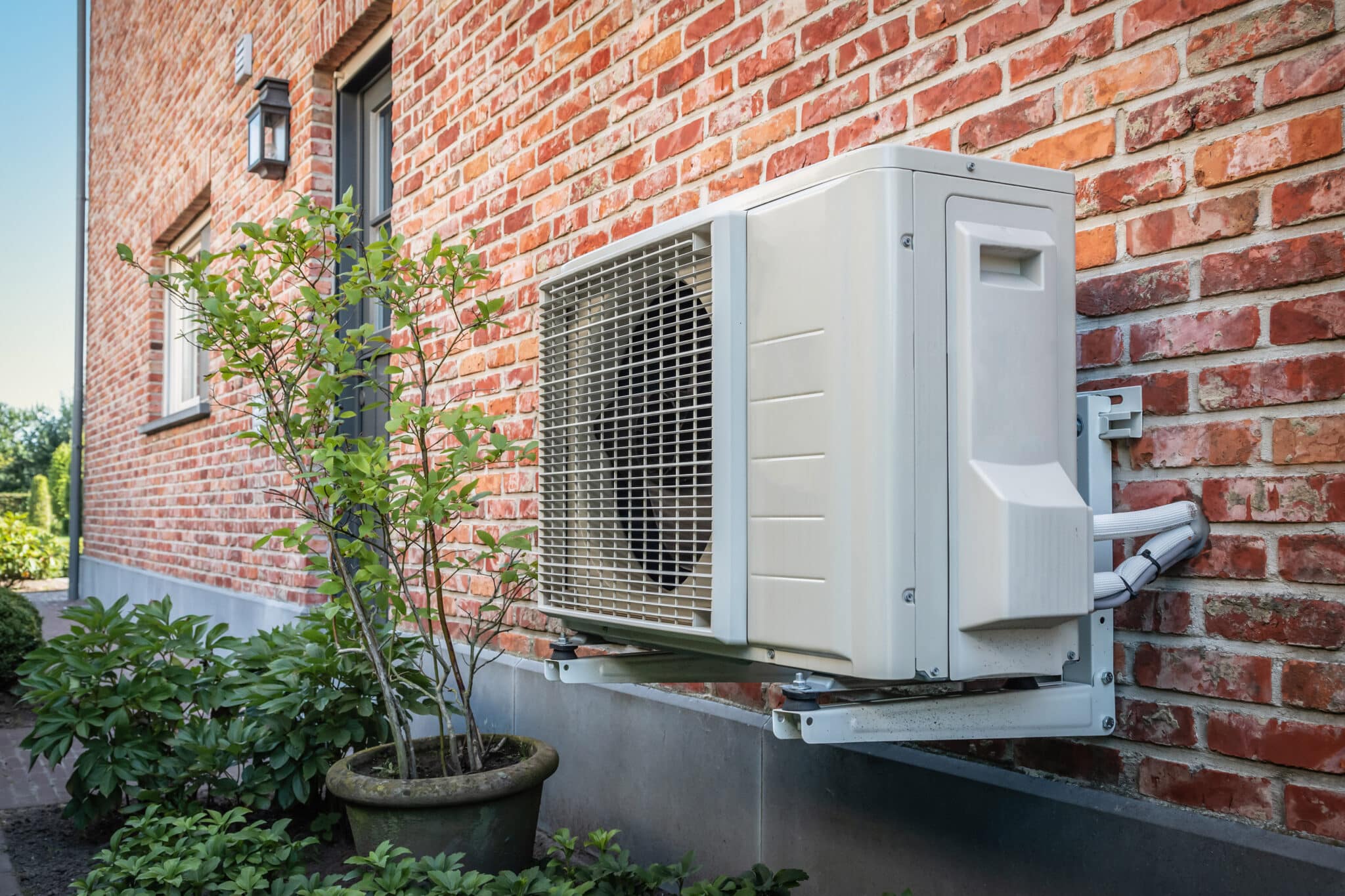Cost Savings
Reduced Energy Bills
Government Incentives
Efficiency & Performance
Optimized Performance
Year-Round Use
Environmental Benefits
Lower Carbon Footprint
Sustainability
Want to hear more about solar and heat pumps?
Watch the past webinar on YouTube.
What Are Heat Pumps?
In the past, homeowners required two separate HVAC systems to manage heating and cooling, but that’s no longer the case. A heat pump is a single HVAC unit that handles all your heating and cooling needs through heat transfer. It’s highly energy efficient, functioning by gathering ambient heat and transferring it into your home, or removing heat from your home, depending on the outside temperature.
However, despite their efficiency, homeowners may encounter issues, such as insufficient heating from a heat pump. Common causes could include low refrigerant levels, dirty air filters, or malfunctioning components. Addressing these issues promptly is crucial to ensure your heat pump operates at its optimal capacity and keeps your home comfortable year-round.
Heat pumps and heat pump water heaters significantly reduce energy and electrical consumption, which enhances HVAC system performance while lowering energy bills. Additionally, they’re much more eco-friendly than heating systems that burn fossil fuels to generate heat. An air-source heat pump can produce up to three times more heat than its electrical consumption.
Moreover, installing a new heat pump in your home may qualify you for a tax credit of up to $2,000 or up to $8,000 for low-income households.
How Does Solar Work With Heat Pumps?
Solar energy and heat pumps work together in a highly complementary way to create an efficient and eco-friendly heating and cooling system. Solar panels generate electricity by capturing sunlight, which can then be used to power a heat pump.
The heat pump, in turn, uses this electricity to transfer heat either into or out of a home, depending on the season. By combining these technologies, homeowners can significantly reduce their reliance on grid electricity, lower energy bills, and minimize their carbon footprint.
The synergy between solar energy and heat pumps not only maximizes the efficiency of both systems but also contributes to a more sustainable and renewable energy solution for home heating and cooling.
Increased Property Value
Higher Market Value
More Attractive Buyers
Energy Independence
Energy Security
No Grid Outages or Price Spikes!
Scalability & Adaptability
Modular System
Specific to Your Home!

Read more about this sustainable duo on our learning resources.



